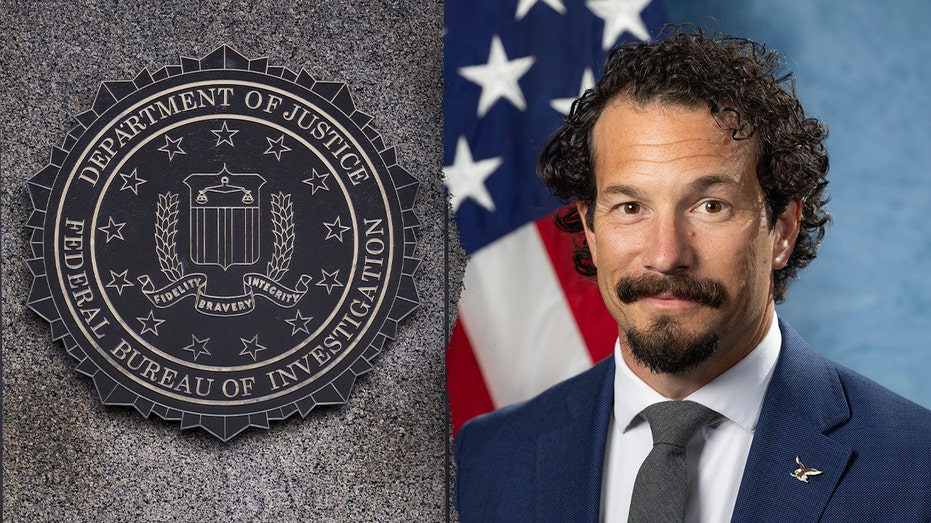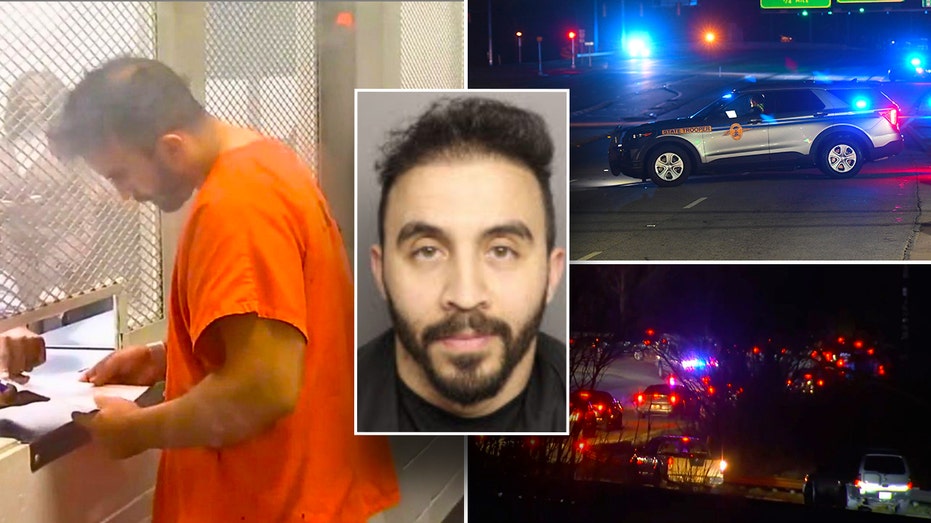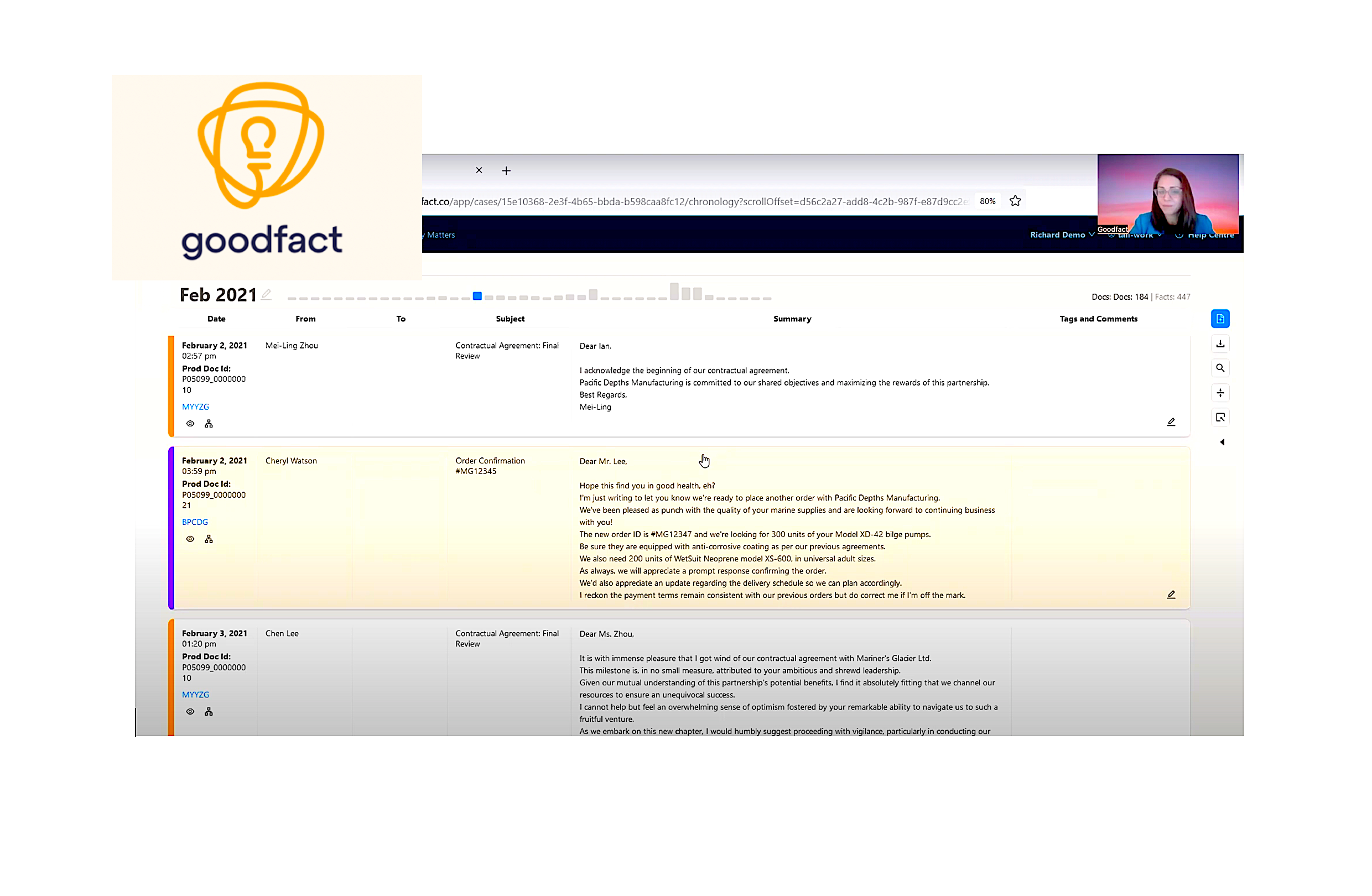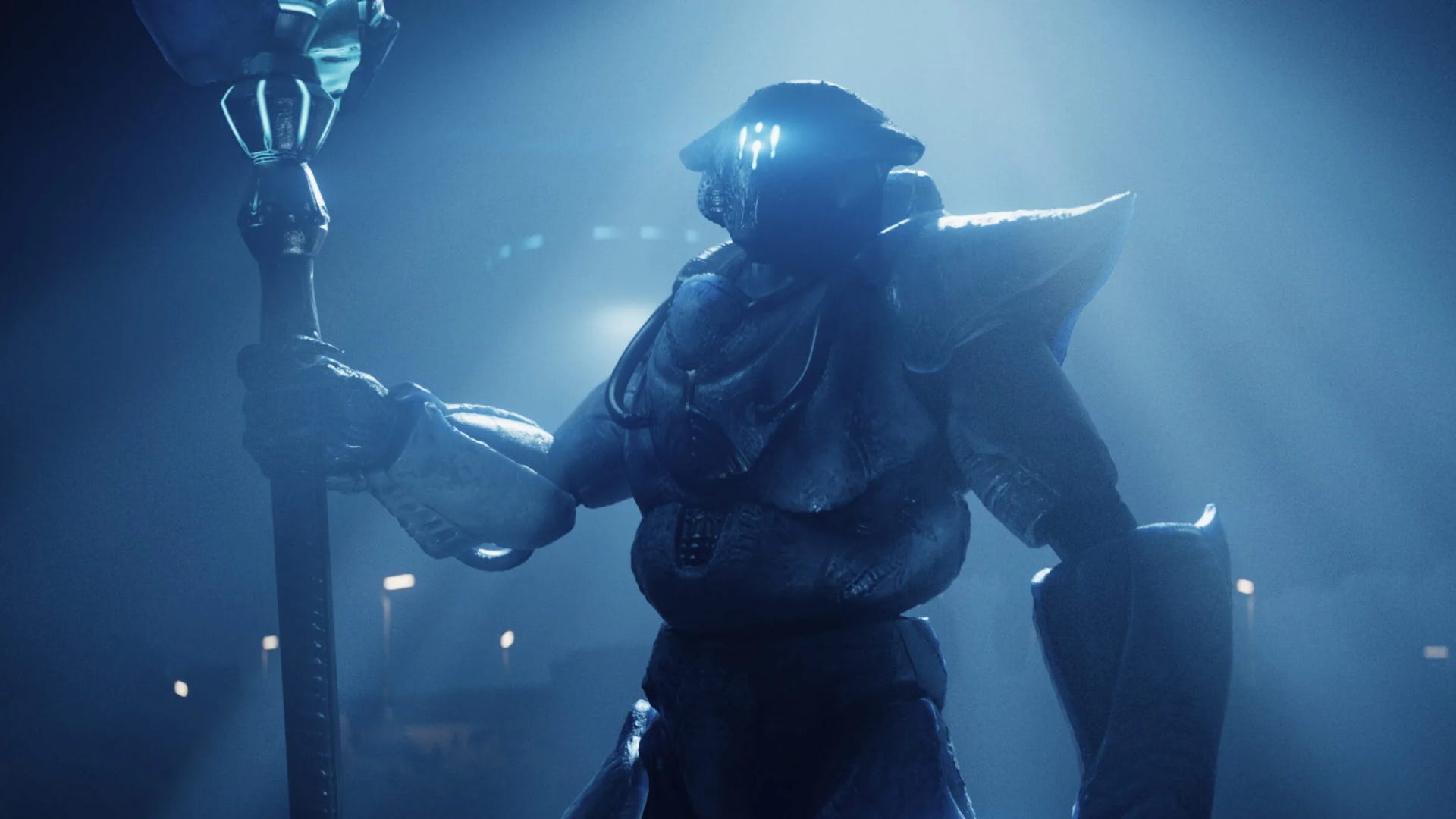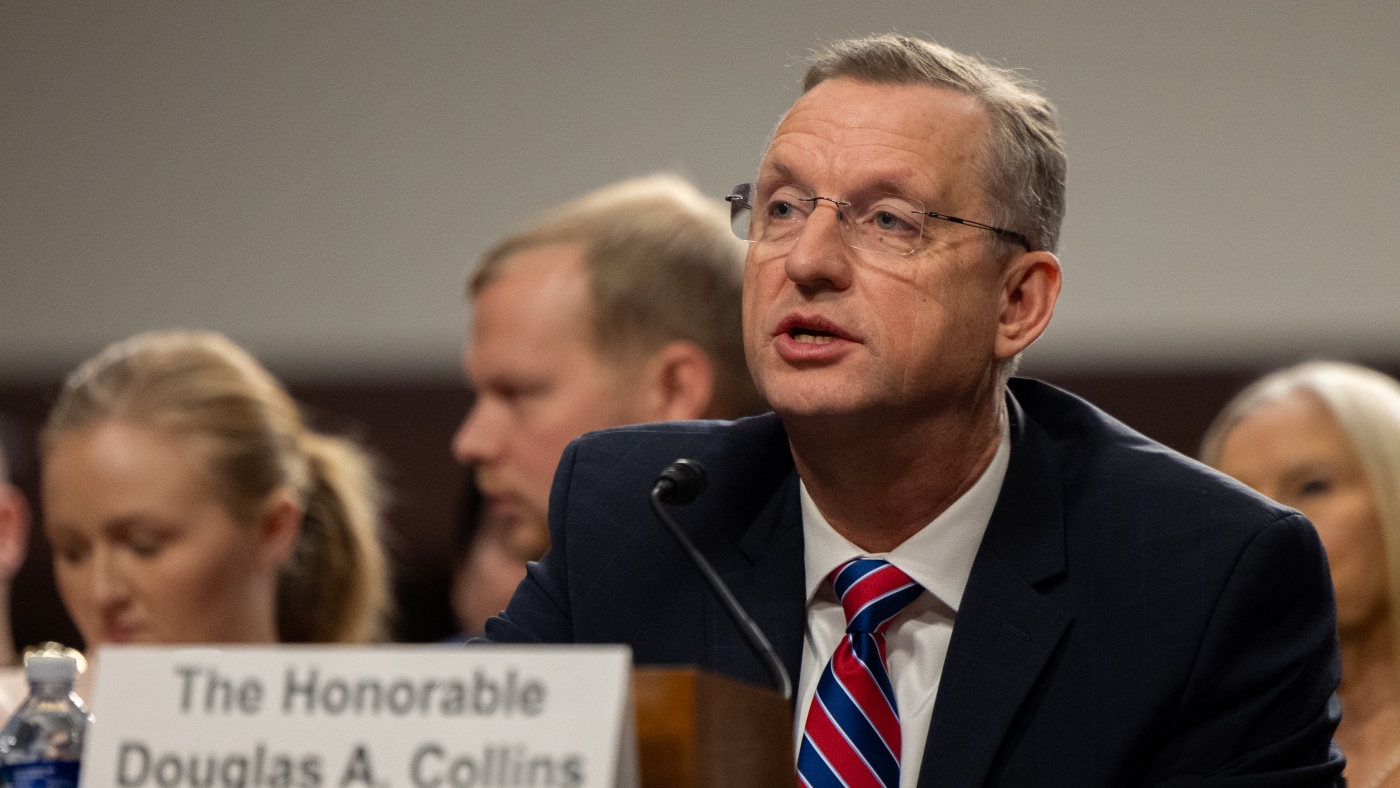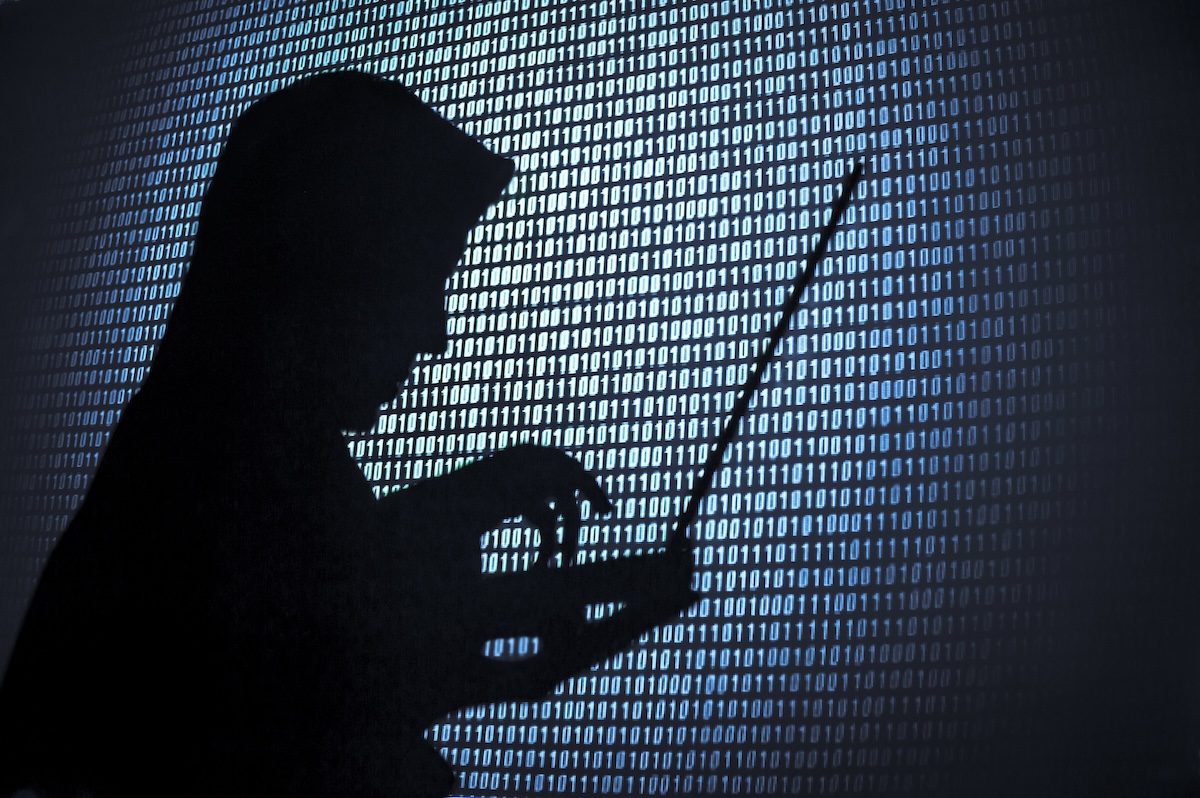The Trump executive orders that threaten democracy
Ever since Donald Trump declared he’d act like a dictator on Day 1 during his presidential campaign, there have been real concerns that he’d be true to his word — that he’d take a series of unilateral actions that threaten the integrity of American democracy. With Trump’s Inauguration Day in the rearview mirror, we’re in […]


Ever since Donald Trump declared he’d act like a dictator on Day 1 during his presidential campaign, there have been real concerns that he’d be true to his word — that he’d take a series of unilateral actions that threaten the integrity of American democracy.
With Trump’s Inauguration Day in the rearview mirror, we’re in a position to assess just how justified those fears were. Four specific moves — illegally attempting to end birthright citizenship, reviving the Schedule F order that could initiate a civil service purge, reinstating pardons for January 6 rioters, and ordering multiple investigations into the Biden administration — deserve particular attention.
Each contributes, in its own way, to the weakening of democratic principles such as the rule of law and nonpartisan government that prevent authoritarian-inclined leaders like Trump from consolidating power. If he gets away with each of them, it will likely invite anti-democratic behavior of greater and greater import. They are tests, of a kind: early ways of assessing how resilient our system will prove to an anti-democratic leader.
We’ll all soon learn the answer.
Trump’s blatantly unconstitutional immigration order
The 14th Amendment of the US Constitution makes it achingly clear: Anyone who is born in the United States is a citizen.
Trump’s most troubling executive order attempts to overturn this constitutional right by executive fiat, ordering US officials to stop issuing citizenship documents to any future children born to undocumented migrants. It’s an order that will test just how willing the federal bureaucracy and the courts are to defend against unlawful Trumpian behavior.
The precise wording of the amendment — “All persons born or naturalized in the United States, and subject to the jurisdiction thereof, are citizens of the United States and of the State wherein they reside” — is fairly straightforward. Trump’s argument is that undocumented migrants and immigrants with temporary visas are not “subject to the jurisdiction” of the United States, but the case is legally absurd.
The only people inside the US nowadays who are not “subject to the jurisdiction” of the country are diplomats, as they enjoy diplomatic immunity from American law. Undocumented and temporary migrants, who can be arrested by American police and deported by American courts, are very much “subject” to American jurisdiction — which means their children would clearly be American citizens.
This is not merely my interpretation of the law, but also red-letter Supreme Court precedent. In the 1898 case US v. Wong Kim Ark, the Court ruled definitively that the 14th Amendment applies even to the children of migrants who are ineligible to be naturalized. So Trump isn’t just offering an implausible interpretation of the amendment’s text; he is ordering federal officials to ignore the law as defined by the Supreme Court and listen to him instead.
When given an illegal order, government employees are within their rights to refuse it. The extent to which the federal bureaucracy ignores this order will test just how willing they’ll be to act on those rights.
And the extent to which federal courts step in to stop Trump’s efforts to amend the Constitution unilaterally will test how willing Republican judges and justices are to put the rule of law over Trump and the GOP’s interests.
Trump’s Schedule F ticking time bomb
At the tail end of Trump’s first time in office, he issued an executive order creating a new classification for federal civil servants called Schedule F — essentially, a tool for converting a civil servant jobs protected from removal based on party into political appointments he could fire at will. The order got nowhere before former President Joe Biden took office and promptly repealed it.
Well, Schedule F is back. One of Trump’s Day 1 executive actions restored the 2020 order and added a few tweaks, including an inquiry as to whether “additional categories of positions” should be included in Schedule F beyond the ones considered in the first executive order.
In theory, this could be as damaging to democracy as the birthright citizenship order — if not more so. Schedule F in its original form applied, per some estimates, to somewhere around 50,000 civil servants (and potentially quite a lot more). Purging that many people and allowing Trump to replace them with cronies would be a powerful tool for turning the federal government into an extension of his will.
But at present, the scope of the threat is hypothetical.
We don’t know how many positions Trump will come after, or how effectively he can get around the legal roadblocks Biden erected to prevent such a purge. All the executive order does at present is create a tool that Trump could abuse; how much it’ll be abused, and whether its abuse can be stopped via litigation, remains unclear.
Trump’s dangerous pardons for January 6 offenses
When it came to people convicted of crimes relating to January 6, a group Trump calls J6 hostages, there was a range of plausible predictions — including, for example, reserving pardons for only nonviolent offenders.
Trump chose maximalism.
His proclamation commuted the sentence of 14 offenders, including Oathkeepers leader Stewart Rhodes, and then issued “a full, complete and unconditional pardon to all other individuals convicted of offenses related to events that occurred at or near the United States Capitol on January 6, 2021.” All told, that’s roughly 1,500 insurrectionists whose convictions were wiped out at the stroke of a pen. He also instructed the Department of Justice to dismiss “all pending indictments” related to that day’s events.
The threats to democracy here are threefold.
First, the move incentivizes future political violence. Any extreme right-wingers who want to attack Democrats now have at least some cause to believe that the president will shield them from legal consequences.
Second, it abuses the extraordinary latitude of the pardon power. As Biden demonstrated on his way out, the president currently enjoys fairly wide discretion to pardon whoever they please. In theory, the pardon power could be used to induce any government official to break the law, as Trump could simply promise a pardon if they get caught. Trump going this far this early suggests he might be willing to push the power to limits.
Third, Trump’s involvement in what should theoretically be a Department of Justice affair — decisions on which specific cases ought to be pursued — reminds us that he has little respect for the department’s traditional independence, seeing it as an agency that should operate as the president’s personal lawyers.
We’ll see, in the coming days, whether anyone in government or out of it can think of ways to check this decision’s fallout.
Trump’s potentially dangerous investigations
Two Trump executive orders, covering “weaponization” of government and “federal censorship” respectively, initiate formal inquiries into government conduct during the Biden administration.
What this means, in brief, is that the attorney general and the director of national intelligence are instructed to start looking into actions taken by the formal government in a series of areas ranging from January 6 prosecutions to FBI investigations of threats against teachers to cooperation with social media companies. Once the inquiries are complete, these officials are to recommend unspecified punishments for any wrongdoing uncovered.
In theory, this could amount to nothing: an order to look into something that quietly fades away. But it also could begin a process by which Trump’s picks for these two positions, Pam Bondi and Tulsi Gabbard (both still unconfirmed), begin identifying federal officials to be purged and replaced by Trump loyalists above and beyond the Schedule F proceedings. It could also create a pretext for prosecuting Trump’s political opponents in the private sector, or at least initiating burdensome investigations into their business.
Which of these two outcomes is more likely depends on Cabinet officials in question. If confirmed, Gabbard and (especially) Bondi will be in charge of interpreting these orders, with wide latitude to do as they please. Their choices, and the decisions of those who answer to them, will determine whether or not this ends up being a nothingburger — or a harbinger of a democratic crisis to come.
What's Your Reaction?










